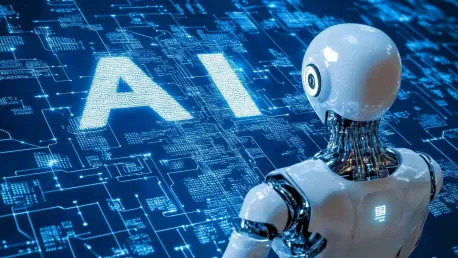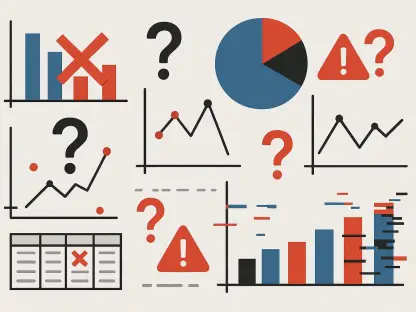As artificial intelligence (AI) continues to evolve and integrate into various aspects of our daily lives, it has garnered a wealth of opinions from different demographics, including children. The perspectives provided by young readers of TIME for Kids offer a unique and insightful look into how the next generation views the advantages and risks associated with AI. Their responses reflect a balance of optimism and caution, emphasizing the multifaceted nature of AI’s impact on society.
The Positive Impact of AI
Rime Lee, a ten-year-old from Winnipeg, Manitoba, Canada, presents an enthusiastic take on AI, highlighting its utility across multiple sectors such as healthcare, education, robotics, and artistic endeavors. She points out that AI serves as a valuable learning tool, aiding in problem-solving and innovation. According to Rime, the integration of AI into educational settings provides new opportunities for students to engage in interactive and effective learning experiences. She believes that with AI, students can visualize complex concepts and approach problems from different angles, making education both fun and productive.
Moreover, Rime’s optimistic view extends to AI’s role in creative fields. She notes how AI can assist in art and design, opening up new avenues for creativity and expression. By automating repetitive tasks, AI allows artists and designers to focus on more inventive aspects of their work. Rime underscores that the benefits of AI are not confined to professional settings but also enhance personal experiences by providing tools that improve quality of life and work efficiency. Her outlook presents a compelling case for the adoption and continued development of AI technologies.
Concerns and Ethical Considerations
On the flip side of the AI debate, some young voices raise significant concerns about the ethical and practical implications of AI integration. Maren Altrup, also ten, from Springfield, Missouri, offers a more cautious perspective. While she acknowledges the benefits of AI, her worries center around the fine line between reality and fabrication that AI can blur. Maren explains that students might misuse AI tools, leading to an increased risk of cheating on assignments and homework. She stresses the importance of developing independent problem-solving skills, which could be undermined by over-reliance on AI technologies.
Another ethical issue brought to light by Ellie McBee, a twelve-year-old from Georgetown, South Carolina, involves the use of AI in the creative industry. Ellie criticizes AI for its potential to generate images using other artists’ work without giving them proper credit. She finds this practice not only intriguing but unethical, as it appropriates the efforts of artists without their consent or acknowledgment. Her insights urge a critical examination of AI’s role in creative fields and call for stricter ethical guidelines to protect intellectual property and ensure fair use.
Weighing the Pros and Cons
Thomas McGibbon, a nine-year-old from Pelham, New York, offers a middle-ground perspective that weighs both the benefits and potential drawbacks of AI. Thomas appreciates the convenience that AI provides, especially in daily life scenarios where AI can answer questions or solve problems when parents or guardians are unavailable. He mentions the capacity of schools to block AI tools to prevent cheating, thereby mitigating some of the risks highlighted by others. Thomas downplays the likelihood of AI taking over the world, labeling it more as a tool than a threat and concluding that AI is largely beneficial for society.
The overarching trends in these young voices reflect a delicate balance between embracing AI’s potential and exercising caution. Supporters emphasize the educational benefits and innovative opportunities AI creates, advocating for its integration into various sectors. On the other hand, the critics raise ethical issues and the potential for AI to impede personal intellectual growth, reminding society of the importance of responsible use. Despite this dichotomy, there is a shared understanding that AI is an inevitable part of the future, necessitating thoughtful and ethical deployment.
A Balanced Narrative for the Future
As artificial intelligence (AI) continues to grow and become integral to various aspects of our daily lives, it has sparked a wide range of opinions from all age groups, including children. The viewpoints shared by young readers of TIME for Kids provide a unique and insightful perspective on how the upcoming generation perceives both the benefits and the potential drawbacks of AI. Their thoughts convey a balanced mix of optimism and caution, highlighting the complex and multifaceted nature of AI’s impact on society. These young voices emphasize that while AI can offer significant advancements and improvements in areas like education, healthcare, and entertainment, it also carries risks such as job displacement, privacy concerns, and ethical dilemmas. Their responses serve as a reminder that as AI continues to evolve, it is essential to remain vigilant and considerate of its broader implications, ensuring that its development is guided by thoughtful and responsible decision-making.









